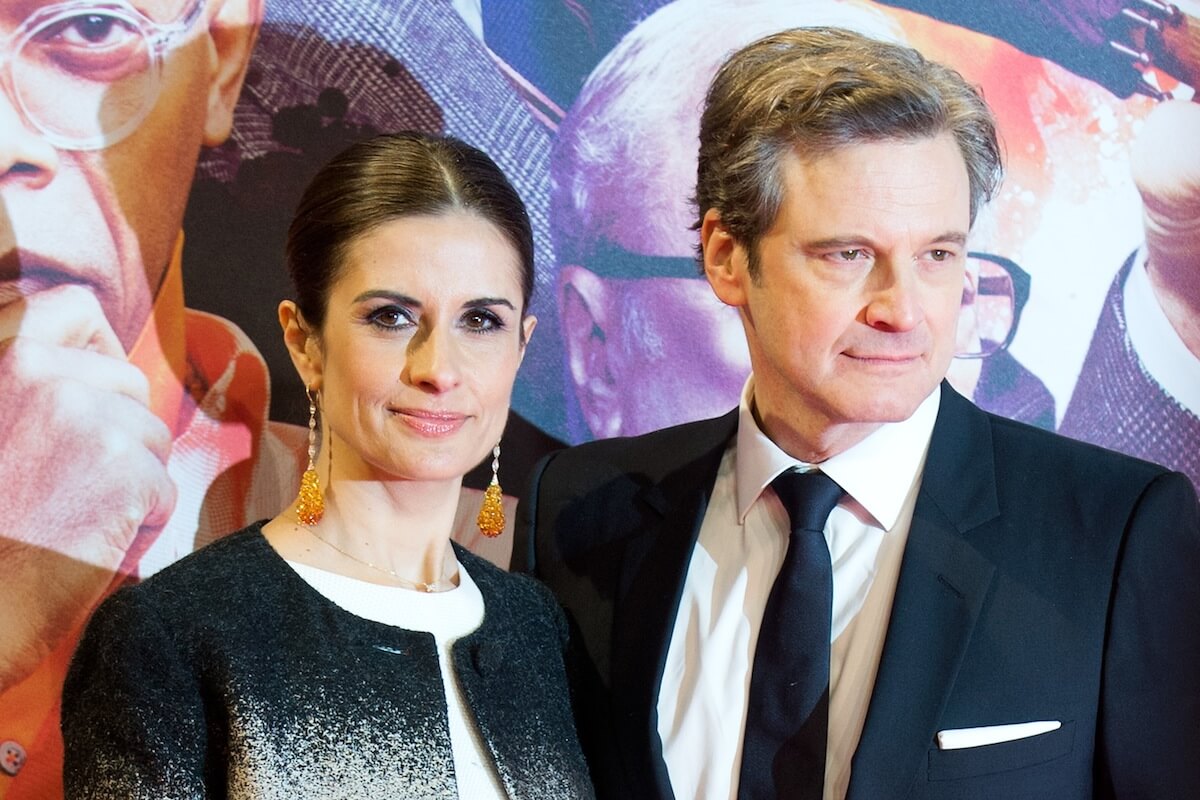“How are you? How are you?” chirps Livia Firth like an old friend as she greets me at her white-walled sanctuary-esque office in West London.
I quickly learn that Firth, far from being a woman once labeled as “just another bored housewife who wants to ‘dabble’ in fair trade fashion, bankrolled by her super-famous husband” is sincere and genuine about both her work and family life. “I don’t care, I really don’t care [what critics think]. And if I need Colin to open a door, I use Colin to open a door, and I don’t care,” she says, dismissing the notion with a shrug.
Nor, as a self-proclaimed feminist and gender equality activist chatting to me a few days prior to International Women’s Day, does she mind being referred to as actor Colin Firth’s wife. “Annie Lennox, who set up The Circle [an organization that works with women in poor countries] with me, said, ‘Oh my God, Livia, I realized I described you as Colin’s wife.’ I was like, ‘So what?’ I can be a feminist and someone’s wife – one doesn’t exclude the other.” Firth is the founder of Eco Age, a sustainability brand consultancy, which through platforms such as the Green Carpet Challenge encourages both fashion houses and consumers to approach the garment industry with an environmental and ethical approach. The eco-dressing challenge calls on celebrities, like Meryl Streep, Cameron Diaz and Carey Mulligan, to promote its values during the awards season. Indeed, this year’s red carpet became the focus for a different cause: feminism. The #AskHerMore Twitter campaign – supported by the likes of Reese Witherspoon – is arguing for journalists to “ask better questions” to actresses rather than just “Who are you wearing?” However, for Firth, and her celebrity cohort, “the Green Carpet Challenge gives the awards season a purpose and opportunity to tell a powerful story.” Firth is no armchair ambassador. The 45-year-old got into it with H&M last year at the Copenhagen Fashion Summit, where she was raising awareness surrounding the plight of garment workers at the hands of fast-fashion consumerism. When asked if she wears the label, she responds, “No, no. Today I’m wearing [ethical designer] Henrietta Ludgate, old Joseph trousers and the boots – you won’t believe it, I bought these when I was 25.” The notion must be a shock to those buying fashion that fades as quickly as a Snapchat message. The Rome-born designer refers to this “buy-and-bin” culture as “bloody bonkers”: “The moment you go and buy something, you need to think, ‘Can I wear it 30 times?’ If yes, then buy it, but you’ll be surprised how many times you’ll go, ‘Ah, no.’” The proliferation of consumerism extends to the catwalk collections, which are moving toward a seasonless “shop-the-runway” format. Firth describes it as, “the big luxury brands becoming like supermarkets, forced to compete with fast-fashion. They have to embrace this because of the market and the requests by voracious consumers who want it now.” It’s a mentality for instant gratification that persists in the social media age – and significantly an area of “massive, massive, massive” concern for the mother of two sons Matteo, 10, Luca, 14. “I read an article the other day that scared me so much: it said girls in this country look at the highest percentage of porn because they want to see what the boys expect of them,” she says earnestly. With most young people now owning a smartphone with access to the internet – and unchecked sexually explicit content – parents now have very limited control over what images their children are exposed to. “Obviously what you see in today’s porn compared to what we had when were kids… it’s disgusting and they think this is what boys expect,” she says. Of course, the Firths, like parents the world over, have to sit down for that awkward chat about ‘the birds and the bees’: “I try as an Italian Mama to make sure my boys are gracious and courteous with the girls,” she says like a true matriarch. But is it just as cringeworthy a conversation in the A-list household? “For me… no, no. For them, yes [laughs]. They’re like ‘Oh Mum!’,” she mimics in remonstration. “I say it as it is.” Doesn’t she just.
Feminist Livia Firth doesn’t mind if you call her Colin Firth’s wife

Getty Images






















